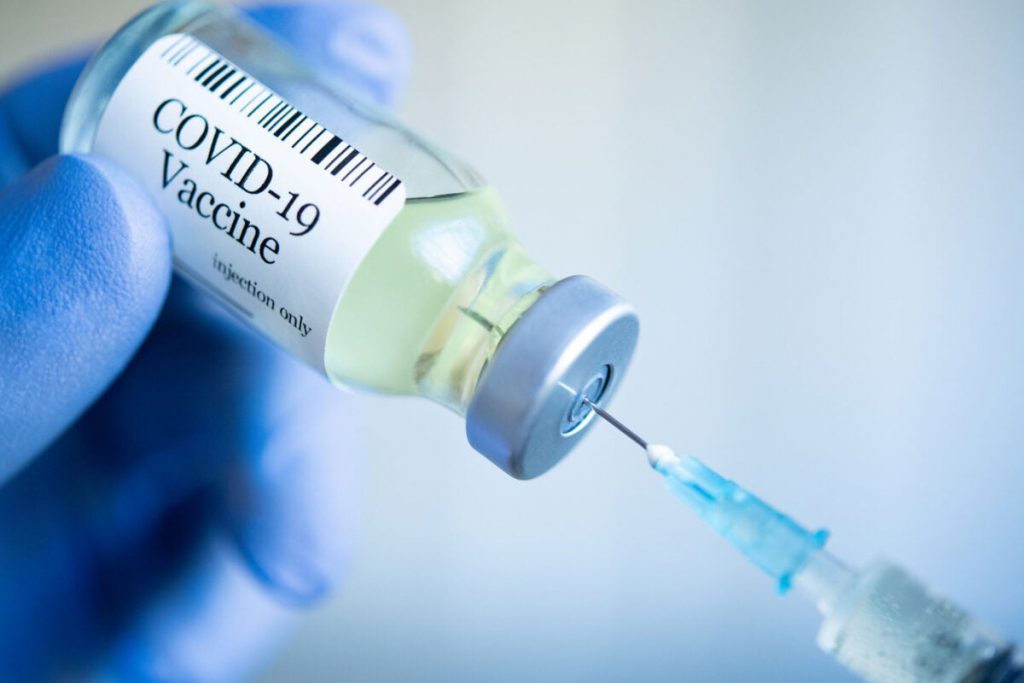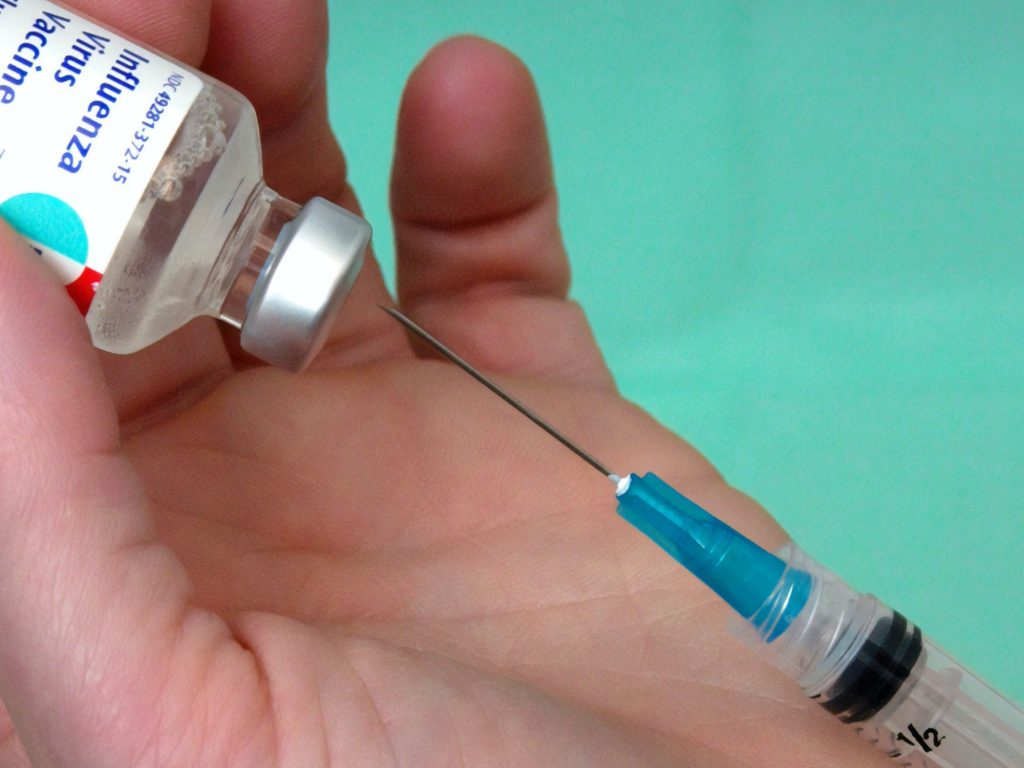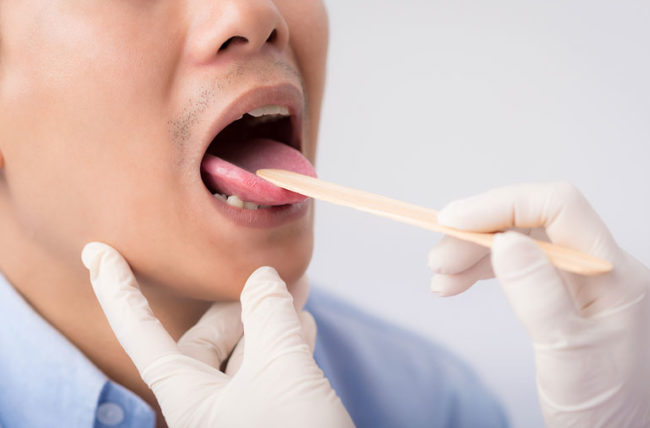Our Services

Covid-19 Test
COVID-19 is a disease that is caused by infection with the coronavirus known as SARS-CoV-2. This virus is transmitted between people and has spread rapidly since it was initially discovered in China in late 2019. Because of the worldwide spread of COVID-19, the World Health Organization declared that the outbreak was a global pandemic in March of 2020.
The health effects of COVID-19 can vary widely. Some people infected with the virus are asymptomatic and may not feel sick. Others develop mild symptoms or severe and potentially life-threatening effects.
Vaccine
There are different types of germs that cause infection, and vaccines are made accordingly. For example, diseases like tuberculosis, tetanus, pneumonia, meningitis, and diphtheria are caused by bacteria; vaccines available for these work against respective bacteria. Measles, hepatitis, chicken pox, influenza, and now COVID-19 are viral diseases, with vaccines available. A vaccine against malaria, which is caused by another type of germ (plasmodium), is under development.


Flu and Pneumonia Vaccine
It takes about two weeks after vaccination for antibodies that protect against flu to develop in the body. It’s best to be vaccinated before flu begins spreading in your community. September and October are generally good times to be vaccinated against flu. Ideally, everyone should be vaccinated by the end of October.
The pneumonia shot is especially recommended if you fall into one of these age groups: Younger than 2 years old: four shots (at 2 months, 4 months, 6 months, and then a booster between 12 and 15 months) 65 years old or older: two shots, which will last you the rest of your life.
Strep Testing
A rapid strep test involves swabbing the throat and running a test on the swab. The test quickly shows if group A strep is causing the illness. If the test is positive, doctors can prescribe antibiotics. If the test is negative, but a doctor still suspects strep throat, then the doctor can take a throat culture swab

